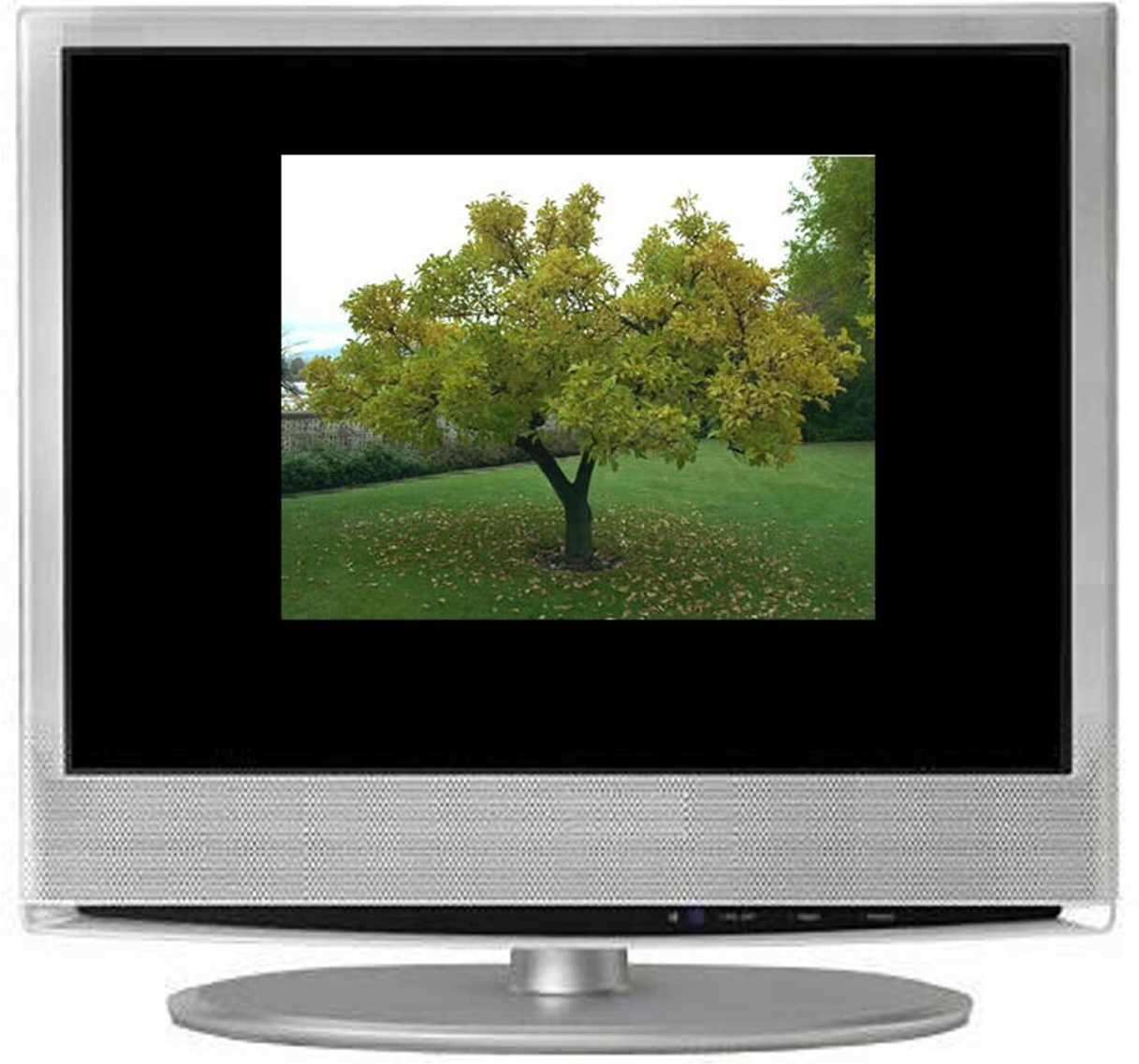 Though those of us in the eco sphere are celebrating Earth Day this week, many of us green or not are also observing TV Turn-Off week. Sponsored by The Center For Screen Time Awareness, the annual TV-Turn-off week encourages us all to get out from behind the screen and do something else.
Though those of us in the eco sphere are celebrating Earth Day this week, many of us green or not are also observing TV Turn-Off week. Sponsored by The Center For Screen Time Awareness, the annual TV-Turn-off week encourages us all to get out from behind the screen and do something else.
Though originally started as meaning, turn-off the TV, it has now spread to include all screens- TV, computer, video game, etc. That’s a lot of things to turn off.
Beyond the obvious benefits of spending less time in front of the tube, such as increased productivity, more social interaction and for kids…better grades and a more active lifestyle, there are other green and money saving benefits.
Energy Saving:
Though it often doesn’t seem like a lot, electronic entertainment systems do consumer energy. In a typical family, the TV is on up to 7 hours per day. A computer or two or three may be plugged in 24 hours a day and used an hour or two or more. Add to that the energy used to power an external monitor, a video game system and other electronic toys and you can see how that can add up.
You can check the energy you use for your various screens here or see what the average household uses here.
Saving the Planet
More importantly, at least for those of us concerned about saving the planet for future generations is teaching children to care for the earth. One of the best ways to do that is to have them develop a personal stake in keeping saving the planet. The greater the connection they have with nature, the more likely they are to want to preserve it. Encouraging them to play outside is the best way to instill that need.
Richard Louv, author of, Last Child Out Of the Woods, describes it best in this interview with Salon.com.
Certainly the explosion of technology over the last 25 years — from cable TV, to video games, home computers and the Internet — has curtailed the amount of time kids spend playing outside each day. But during that same time, hasn’t society as a whole become much more aware of environmental issues?
I say early in the book that it’s more like the polarity has reversed. When I was a kid I had an intimate knowledge of woods and fields, to the extent that I pulled up hundreds of survey stakes to protect them from bulldozers. I really had a sense of ownership — I had no clue that my woods were connected to other woods ecologically. It’s the reverse now. Kids today can tell you lots of things about the Amazon rain forest; they can’t usually tell you the last time they lay out in the woods and watched the leaves move. It’s not that learning about the Amazon is bad — it’s great, and I’m glad it’s happening — the problem is, it becomes an intellectualized relationship with nature. And I don’t think there’s much that can replace wet feet and dirty hands. It’s one thing to read about a frog, it’s another to hold it in your hand and feel its life.
So turn off the screens and go outside. It’s better for you and better for the planet!
Related Posts
Three Good (Green) Reasons to Give Up TV
I think that TV Turn Off Week SHOULD be on every station. To try and get more people to try